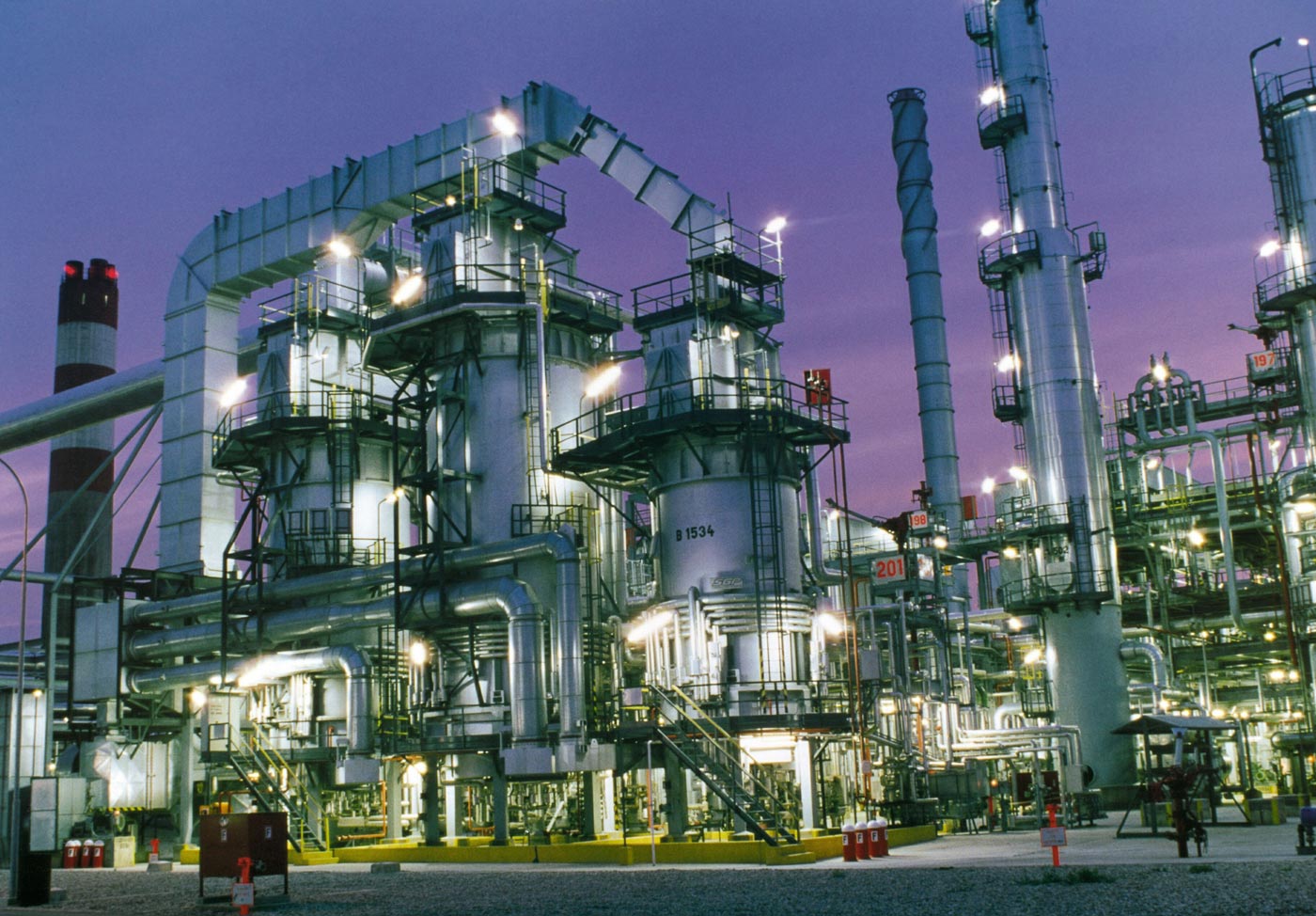As part of the efforts to address frequent disruptions to the supply of crude oil to the Kaduna Refinery and Petrochemical Company, KRPC, as a result of the Niger Delta militancy, the Nigerian National Petroleum Corporation, NNPC, is considering importing crude oil from Chad and Niger Republic, ThisDay reports.
This is coming as the President of the Organisation of Petroleum Exporting Countries (OPEC) and Qatar’s Energy Minister, Mohammed Al Sada, has stated that oil prices would rebound during the third and fourth quarters of 2016.
NNPC, it was learnt, is also considering the option of using railway transportation to move crude from the Niger Delta to the refinery complex.
A top official of the NNPC, who spoke to THISDAY on the condition of anonymity, disclosed yesterday that the corporation might refit the Kaduna refinery to be able to process Nigerien and Chadian crude grades, following the incessant attacks on the pipelines that feed the plant with Nigerian Bonny Light crude.
According to him, the refinery was originally designed to process Nigerian crude and foreign heavy crude at the ratio of about 70:30.
“The original design capacity was 60,000 barrels per day of light crude. So in order to process paraffinic based crude oil from Venezuela, Kuwait or Saudi Arabia, the capacity was later increased to 110,000bpd.
“So apart from having the capacity to refine Bonny Light, the plant can also process heavy crude oil from Kuwait, Lagomar crude from Venezuela, Arabian Light from Saudi Arabia and Urals from Russia.
“But for it to refine crude from Chad or Niger, the plant requires some form of refitting so that it can use crude specification from those countries as well. The refitting does not involve complex technology,” he explained.
Spokesman of NNPC, Mr. Garuba Deen Muhammad did not respond when contacted by THISDAY, but the Public Affairs Manager of KRPC, Mr. Idris Abdullahi confirmed that the options of importing crude from Chad and Niger, as well as using rail lines were actually being considered.
“We will choose from the two options but it depends on the financial viability. The refinery had rail lines right from inception. The rail lines were used to bring in materials and equipment during its construction.
“They have never been used to transport crude to the refineries. We get crude from Warri through the pipelines. But we are now thinking of using the lines to bring in crude from the Niger Delta because of the vandalism of the pipelines.
“The second option being considered is importation from Niger and Chad. We are considering the two options and the option we will choose will depend on the viability,” Abdullahi explained.
Inadequate maintenance and vandalism of crude oil pipelines have led to the sub-optimal performance of the country’s 445,000bpd capacity refineries in Port Harcourt, Warri and Kaduna.
Barely one month after the Minister of State for Petroleum, Dr. Ibe Kachikwu, had re-commissioned the 46-km Escravos-Warri pipeline repaired by Ocean Marine Solution in April this year, thus restoring crude oil supply to Warri and Kaduna refineries, the Niger Delta Avengers (NDA), which has claimed responsibility for a series of attack on oil and gas assets, bombed the pipeline.
While Nigeria is battling with militancy in the oil-producing region, Chad is facing the dreaded Boko Haram insurgency and other security threats around its border with Nigeria, Libya and the Central African Republic.
From a production capacity of around 100,000 barrels per day in 2014, Chad had set a target to increase production from 130,000 bpd by the end of 2014 to 260,000 barrels per day in 2016 from the Mangara and Badila oilfields, which are operated by Glencore Xstrata, and another field managed by a subsidiary of China National Petroleum Corporation (CNPC).
Niger Republic had a set target of increasing production from 20,000 barrels per day to 80,000 bpd in 2016, with the country’s refinery consuming 20,000 bpd, while 60,000 bpd will be exported through Cameroun and Chad.
A Nigerian delegation had in November 2011 represented former President Goodluck Jonathan when Niger Republic inaugurated the 20,000 barrel-per-day Soraz refinery near Zinder, very close to the Nigerian border.
The refinery is 60 per cent-owned by Chinese state oil company, CNPC and 40 per cent by Niger Republic.
In a related development, the President of OPEC is forecasting that the price of crude oil will rise during the third and fourth quarters of 2016, said a statement posted on the cartel’s website.
“Expectation of higher crude oil demand in the third and fourth quarters of 2016, coupled with decrease in availability, is leading the analysts to conclude that the current bear market is only temporary, and oil price would increase during later part of 2016,” Al Sada said.







